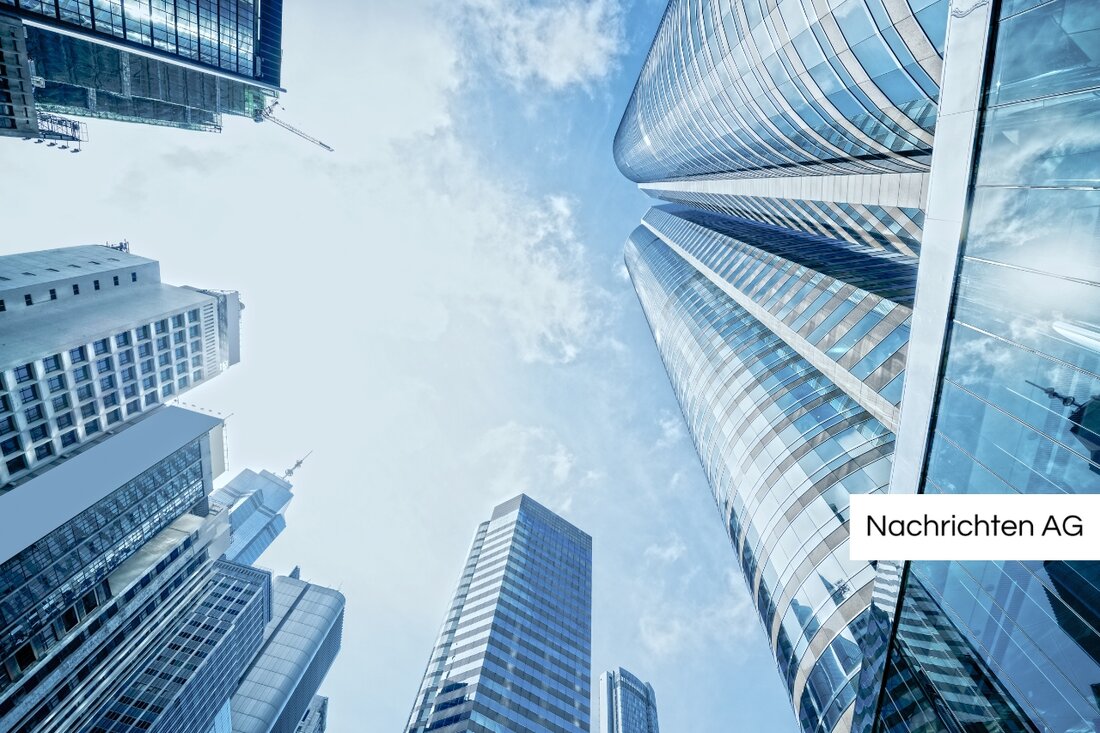BMW boss Zipse warns: EU tariffs endanger the future of the auto industry!
BMW boss Oliver Zipse criticizes the EU's policy on the auto industry, warns of high tariffs and emphasizes the need for technological diversity.

BMW boss Zipse warns: EU tariffs endanger the future of the auto industry!
The CEO of BMW, Oliver Zipse, sharply criticized the European Union (EU) and its current policies in a recent statement. According to him, the planned ban on internal combustion engines from 2035 will have a devastating impact on the innovative strength of the European automotive industry. Zipse called the decision “a disaster” and warned that it could seriously jeopardize the future of the industry. In the eyes of the BMW boss, the challenges posed by high punitive tariffs, in particular the EU tariffs of almost 31 percent on electric car imports from China, are a further threat to the competitiveness of European manufacturers.
The political framework conditions further complicate the situation. While the American government under Donald Trump imposed tariffs of 27.5 percent on European models, Zipse sees dangerous consequences if the EU were to introduce retaliatory tariffs against the USA. These could lead to a tariff spiral that would be damaging for everyone involved. He therefore calls for more pragmatism and cooperation in trade with the USA and China.
Optimism in customs negotiations
Despite the challenges, Zipse is optimistic about the upcoming tariff talks with the USA. He believes in a positive result in the form of an accounting model for imports and exports. This could ease the burden on BMW's plants in Spartanburg, South Carolina, where around 400,000 vehicles are produced annually, serving part of the US market. Nevertheless, Zipse is concerned about the impact of current EU tariffs on BMW vehicles manufactured in China and exported to Europe.
A key concern for Zipse is to reassess regulation, which should take into account the entire life cycle of vehicles rather than just focusing on tailpipe emissions. He also advocates considering low-CO₂ diesel alternatives and the further development of hydrogen technologies. This shows his approach that technological openness is necessary as a central strategy for future mobility.
Sales of electric cars and adjustments at BMW
Zipse is not very enthusiastic about global sales of electric cars. There is currently weakness in the private market in particular. In order to respond to the changed market conditions, BMW is planning to convert the factory in Munich into a purely electric car factory. This also includes the introduction of a new mid-range SUV, the iX3, at the upcoming International Motor Show (IAA).
Finally, Zipse emphasizes the need to reduce dependence on Asian suppliers for batteries. He warns that this could lead to a dangerous monopoly position and calls for strategic diversification. The future of the automotive industry in Europe depends heavily on a balanced and technologically diverse approach.

 Suche
Suche
 Mein Konto
Mein Konto
